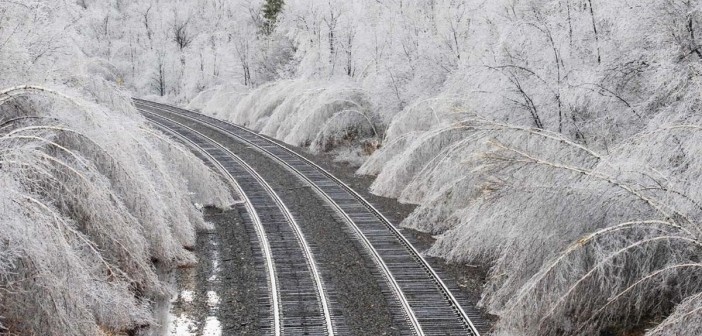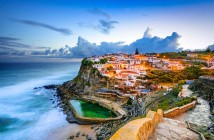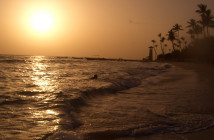The isolated eastern European communist dictatorship of Belarus has been freed of most of the European Union sanctions imposed upon it in 2015 – by a secret backdoor piece of Brussels diplomatic bureaucracy, it was revealed this week.
It is believed that the EU decision was reached secretly by the EU Commission, with the EU Council of Ministers too distracted by the EU migrant crisis and UK Brexit negotiations at the end of February, and comes into effect this new month, partly in recognition of the release of some political prisoners, and partly as reward for holding presidential elections in October last year.
A total of 170 identified Belorussian EU sanctions targets, including Belorussian president Alexander Lukashenko himself, have had their previously frozen assets released and travel bans lifted by the EU, and the same relaxations have applied to 3 named Belarussian defence companies with close ties to the Belarus government.
Despite these rapprochement Brussels moves, some four Belarus individuals are still being restricted under EU sanctions for another year. Those exempted from the lifting of EU sanctions are battle-hardened Belarus security forces members in this iron-ruled country. These Belarus individuals, whom even the EU cannot bring itself to pardon, are still being investigated for the unexplained disappearances of Belarussian politicians, businessmen, and journalists between 1999 and 2000. Belarussian dictator Lukashenko’s abysmal ‘human rights’ record has placed his fiefdom of Belarus amongst the worst in the world.
The now-suspended EU Belarus sanctions were first removed temporarily following the re-election of Lukashenko last year. Various EU trade embargoes remain in place, relating specifically to military equipment and devices which could be used for government repression. These were extended, and are projected to remain in place until February 2017.
The quiet EU decision to remove the sanctions was taken after the EU Foreign Affairs Council meeting of the EU foreign ministers of the 28 European Union member states in Brussels on 15 February.
Lukashenko has been in power since 1994. He is grooming his own 10-year-old son to become his successor. Many have raised concerns over the state of Belarus’ human rights. By contrast, President Lukashenko’s role in brokering a ceasefire during the Ukraine conflict was a rare note of praise. Belarus hosted four-party peace talks in its capital Minsk, resulting in a ceasefire, and prompting the EU to laud “Belarus’s constructive role in the region.”
Freedom House has assessed Belarus as ‘Not Free’. It marks countries in three categories on a scale from 1 to 7, with 7 being at the worst end of the scale. Belarus scored a 6.5 freedom rating, 6 for civil liberties, and 7 for political rights. President Lukashenko has been accused of politically-motivated trials and imprisonments.
The controversial Belorussian Law on Mass Events outlaws Belarus protest or public assembly unless it has been permitted by the Belarus authorities, and this has been used to crush dissent in Belarus. The Belarus law has made it possible for Lukashenko to remain in power for 22 years, outlawing opposition entirely. In 2010, two presidential candidates, Mikalai Statkevich and Uladzimir Nyaklyaeu, and protestors, were issued with fines for ‘unsanctioned’ protesting.
The loosening of Belarus’ EU sanctions may signal a thaw with the European Union. However, with its continuing human rights abuses, and membership of Russia’s Eurasian Economic Commission, a westward drift for Belarus still seems unlikely, which begs the question what exactly motivated the European Union and on whose behalf did Brussels decide to give a break to Europe’s 21st Century Stalin?





